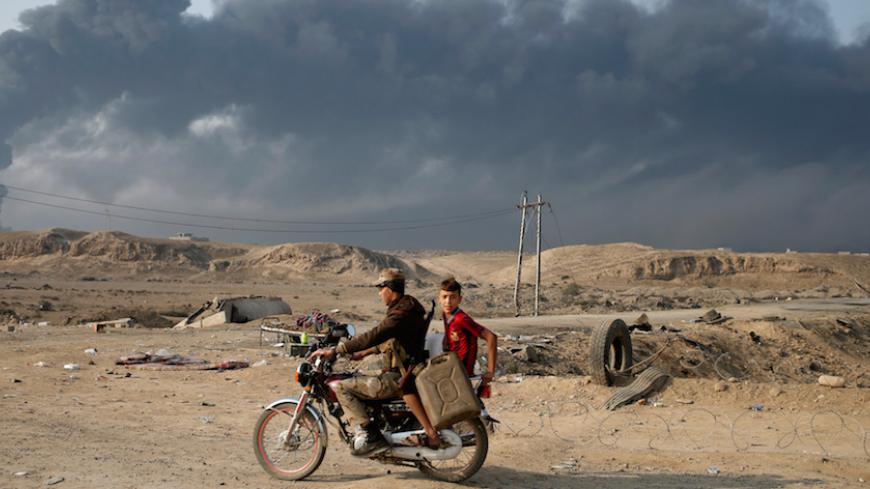Congress is struggling to figure out America's diplomatic role in Iraq after the Islamic State's defeat amid looming budget cuts and a risk-averse culture following the Sept. 11, 2012, attack in Benghazi, Libya.
Just back from a trip to Iraq and Lebanon, Senate Foreign Relations Committee Chairman Bob Corker, R-Tenn., warned Feb. 28 that there is a risk that Shiite militias in Iraqi could become a major political force just like Hezbollah in Lebanon. He urged a "longer-term political commitment" in Iraq to help reconcile warring sectarian parties and stop that from happening.



